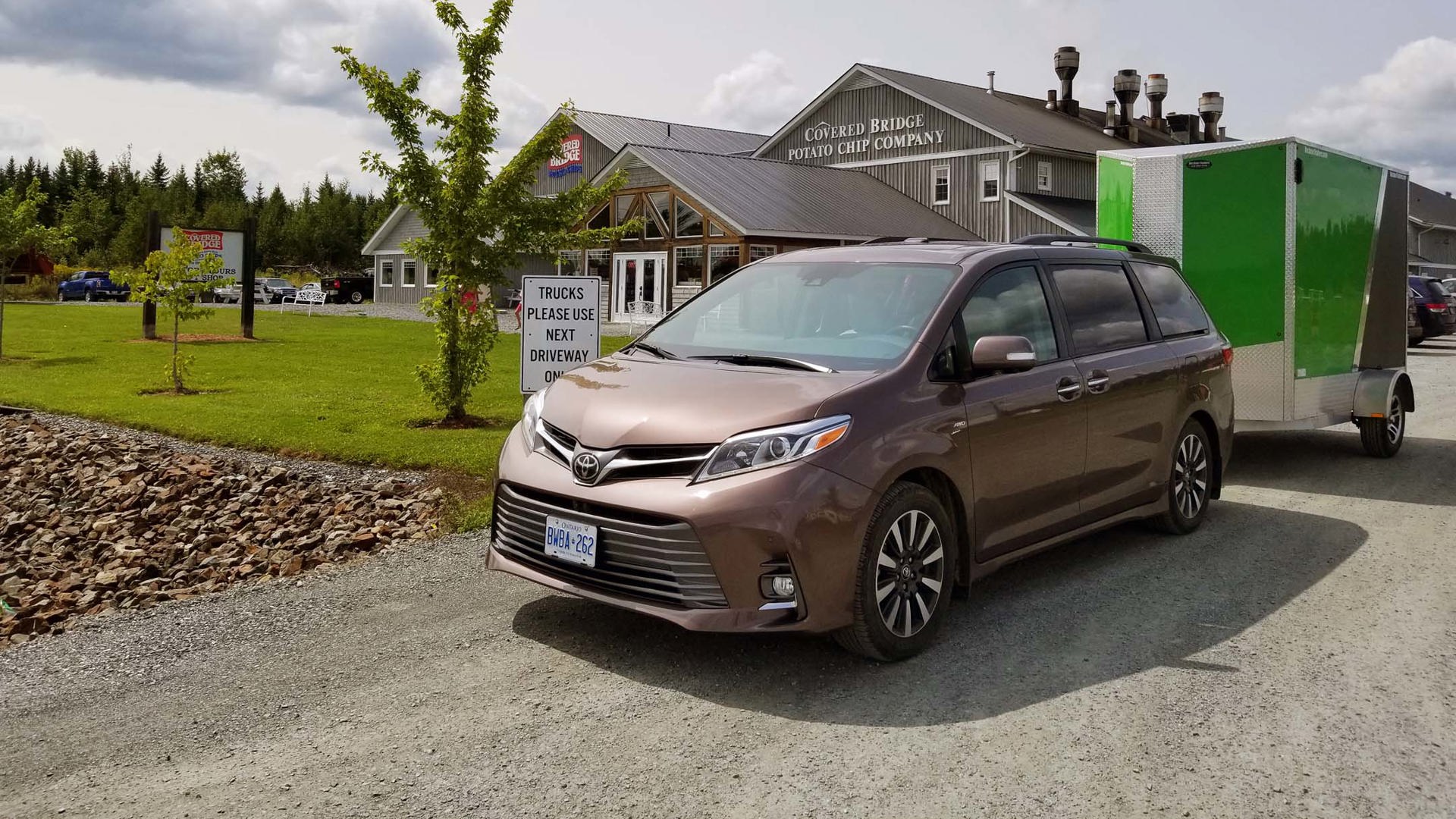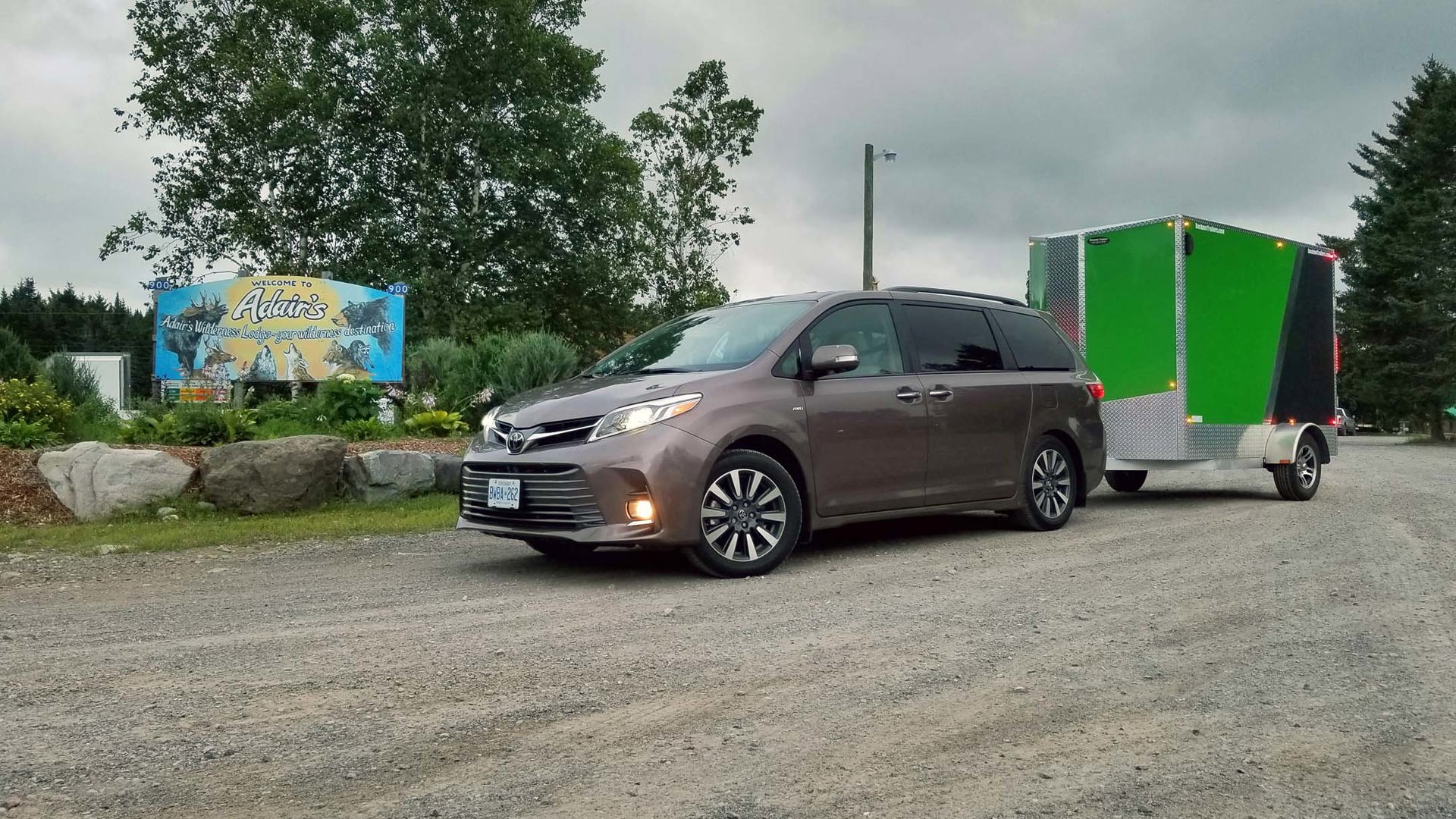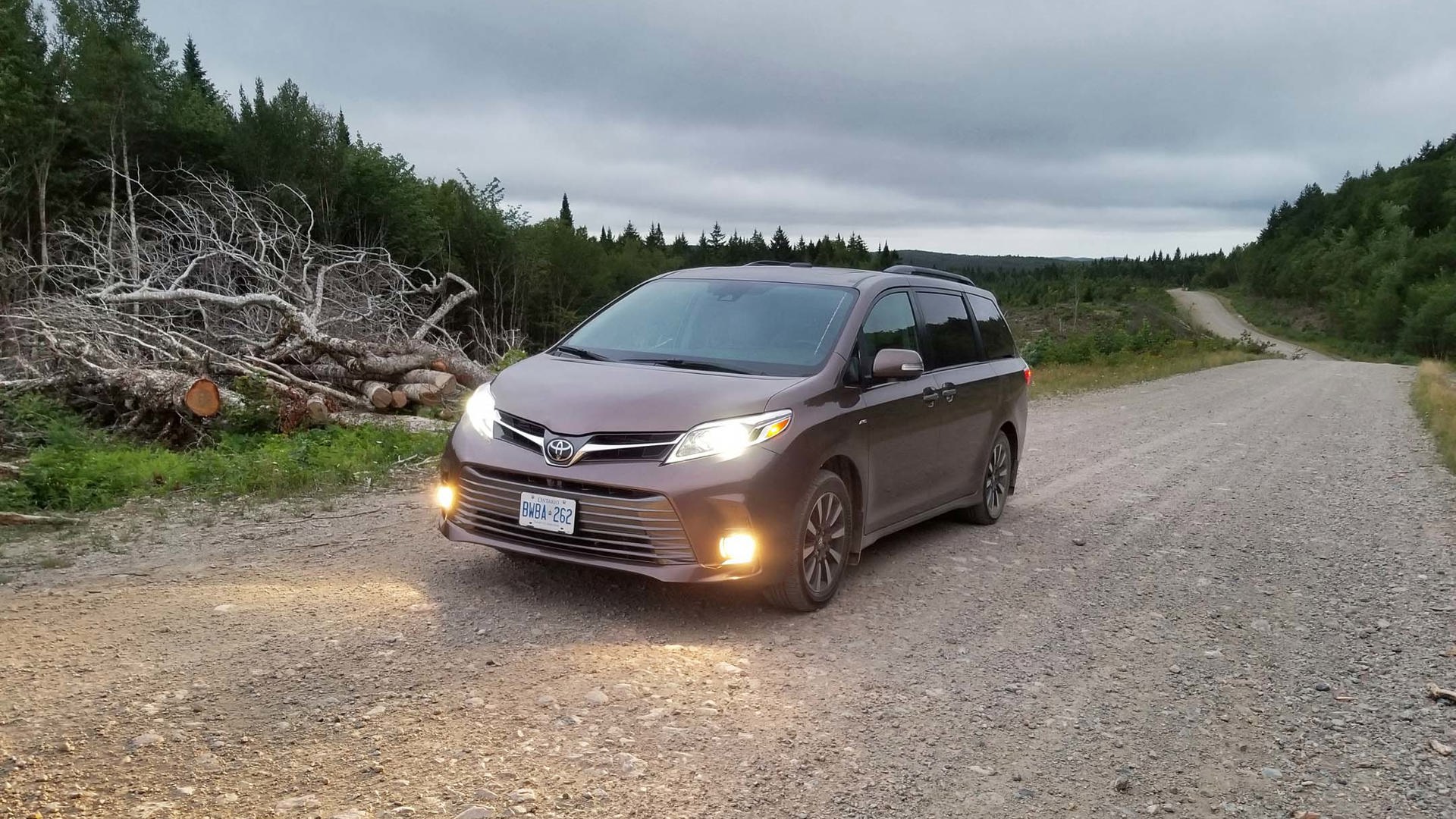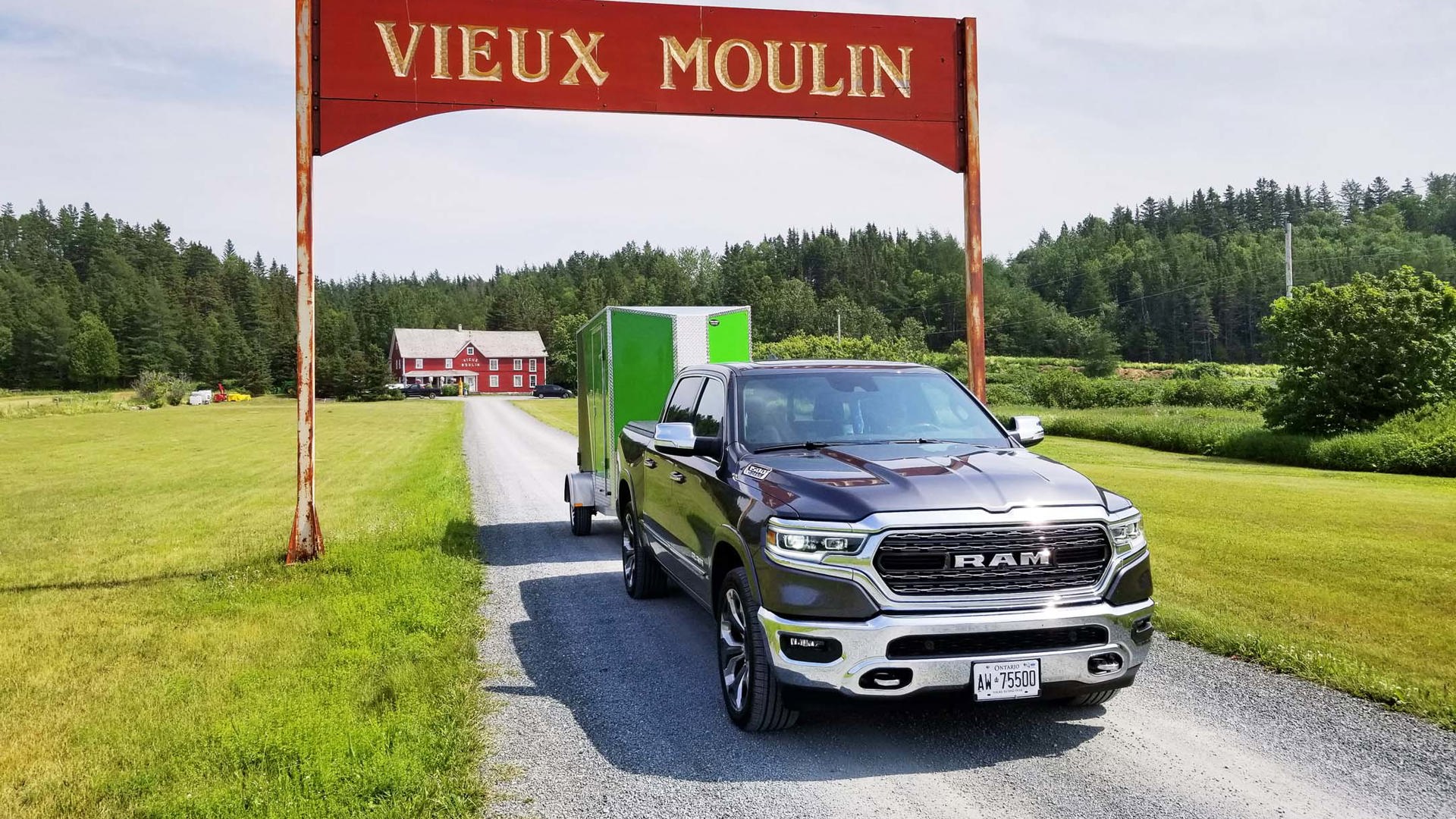In North America, the pick-up truck is the undisputed towing king. In fact, for recreational pullers, it’s almost an assumption. Maybe, if you have a large family, you’ll buy a massive truck-based SUV instead, but the idea that a huge vehicle is necessary seems to be deeply ingrained in all of us.
If you travel anywhere else in the world, though, it’s a very different story. Drive along any international highway and you’ll see minivans towing ATVs and Civics towing pop-up trailers. It’s an alternate reality in which people work with what they have to create their outdoor fun instead of extending their vehicle budgets to match their ambitions.
No matter what you have in your driveway, you have some capacity to bring your toys along with you. You just need to be realistic with your expectations. If you’ve got some dirt bikes you’d really love to get to the cottage with your mid-size sedan, for example, have a look over the tips below that will help you explore whether you can make it happen.
Know your vehicle’s rating and the weight of what you’re towing
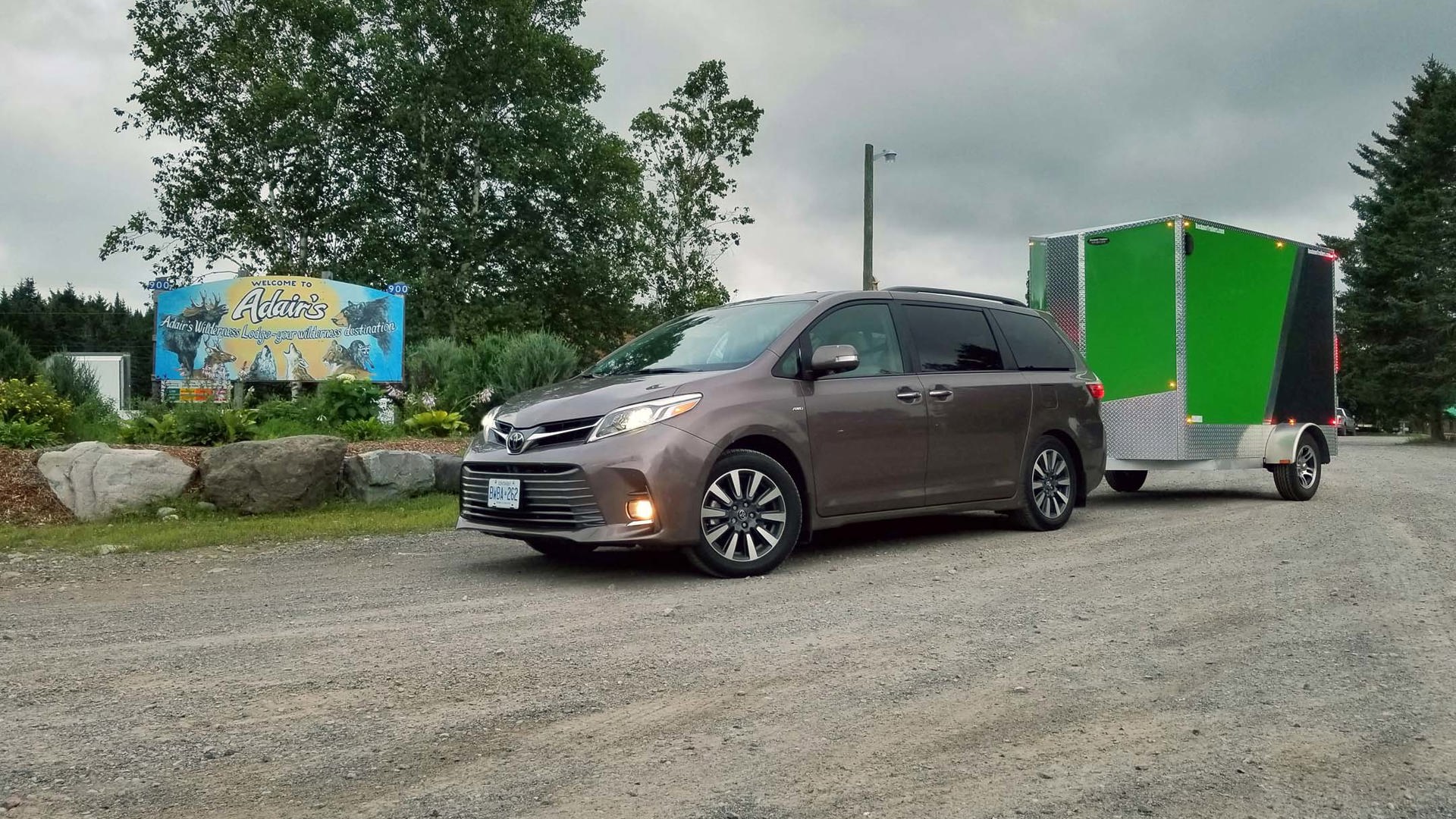
In the towing world this goes without saying, but for those new to the game and unsure what your vehicle might be capable of, this is the starting point.
For example, it’s typical for a midsize to large SUV to have a towing capacity of 5,000 lb; a minivan or compact SUV to be able to pull 3,500 lb; and a subcompact SUV to have a rating of 2,000 lb. You might be surprised at how much load these figures will give you. A 40-foot fifth-wheel is well above the highest of these limits, of course, but this summer my family towed an eight-foot trailer loaded with two dirt bikes and all of the associated gear with a Toyota Sienna and had capacity to spare. I’m not going to claim that it was as easy as towing similar equipment with a Ram 1500 a few weeks earlier, but it was certainly achievable.
Even some mid-size sedans are rated for towing up to 1,000 lb, which is enough to get you a very simple pop-up trailer or possibly a very light fibreglass boat and flatbed combination, for example. Anything smaller than a mid-size sedan will likely need you to go aftermarket to get a hitch installed, which could void your vehicle’s warranty. That doesn’t mean it can’t be done, and no one can officially recommend this (read: we’re not responsible if you try it), but it may still be possible if you have a certain amount of risk tolerance.
Make sure your load is balanced
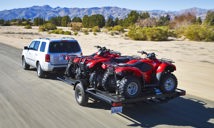
With larger vehicles, load balance isn’t as serious an issue at lower weights. But if you’re going to tow regularly with smaller vehicles, it becomes more important. A trailer’s tongue weight is the amount of static weight that the towing tongue exerts on the hitch of the vehicle, and this needs to be respected to keep the front axle on the ground and the rear axle from sustaining damage from taking too much load. The typical school of thought says that the tongue weight should be 10 to 15 percent of the overall weight being towed – so if you’re towing 3,000 lb, then a 300 to 450 lb tongue weight would be within bounds.
With smaller vehicles and lower capacities, this means that load distribution is critical, especially as you approach your vehicle’s gross towing capability. You’ll want to ensure that your trailer’s load is balanced, not only to get the tongue weight correct but also to have the best possible impact on vehicle handling while in motion. A well-centred load will keep you feeling safe and rock-solid, both in your lane and on braking.
Understand that you’ll need a longer stopping distance
Speaking of braking, it’s important to go into any towing drive right from the start with the understanding that it will take you longer to stop than usual. Evaluate your habits honestly. Are you a chronic tailgater? If so, it’s best to know that about yourself and expect to need to overcorrect before you depart because…
Be aware of your vehicle’s crumple zones

…If you need to stop in a hurry for any reason – you see a deer, you get hit by a transport truck, whatever – your trailer doesn’t have the help of a supplementary brake in a smaller vehicle, which means that you need to bring its momentum to a halt on top of that of your car. In an extreme situation, your trailer could enter the interior. Consider putting your kids in the second row, no matter how much they beg to have the third row to themselves, and put life-saving implements like the first-aid kit inside the car in case the cargo area becomes unusable in an emergency.
Check that your hatch will open before you load up
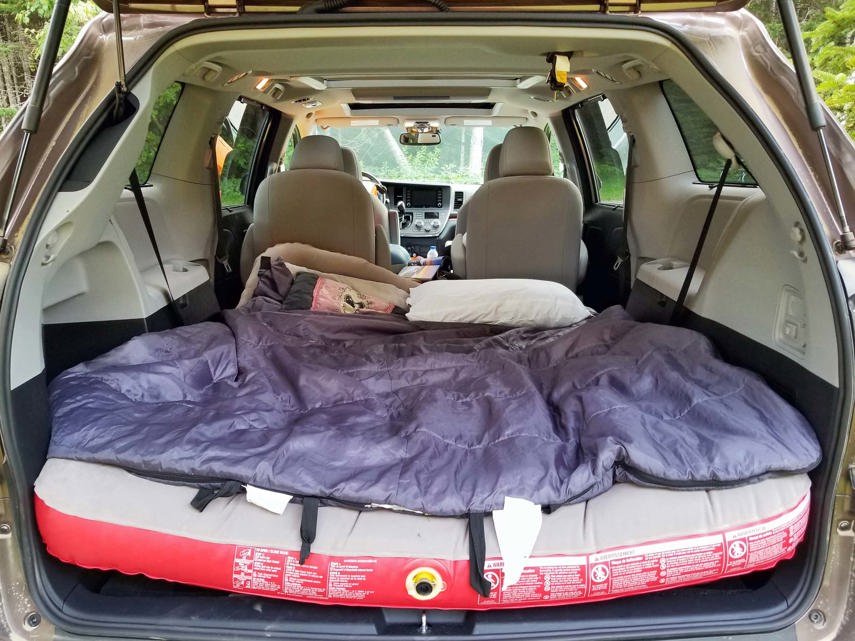
An urgent situation might not be the only one in which you can’t access your hatch or trunk. When we were towing with the Sienna, things went well, relatively speaking – our biggest issue was that we didn’t have the clearance to open the hatch fully while the trailer was attached, meaning that we needed to climb into the back whenever we had to access our baggage. This gets tiresome quickly and might inform your packing strategy. Be sure to check your clearance before you start allocating luggage.
Make glancing at your engine’s temperature gauge a habit
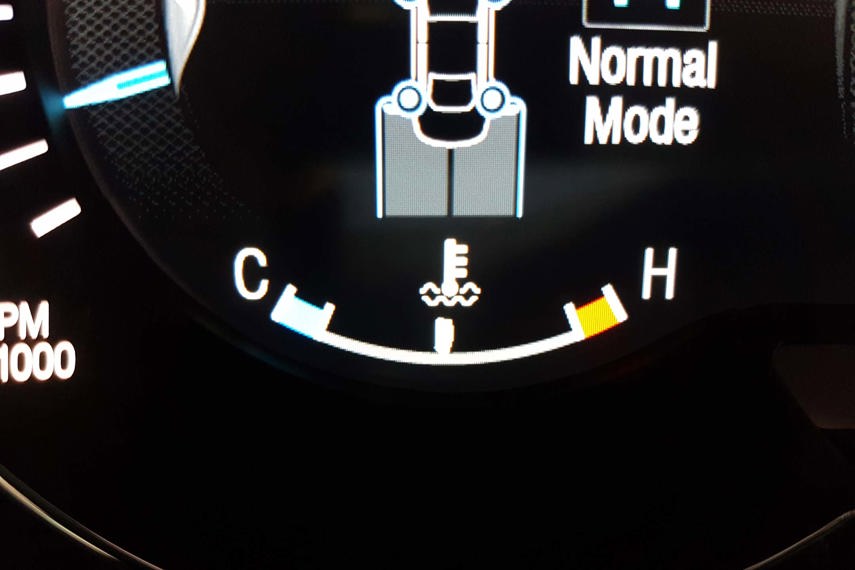
This mostly becomes an issue once a vehicle is approaching its upper limit of towing. But if yours is, be sure that you’re keeping a regular eye on your temperature gauge, especially in high-load situations like hilly terrain. Excess weight or other factors such as an issue with your vehicle’s coolant system can cause the engine to overheat and create a whole host of problems that are expensive to deal with once the parts are already cooked.
Add time for frequent refueling and be prepared for big bills at the pumps
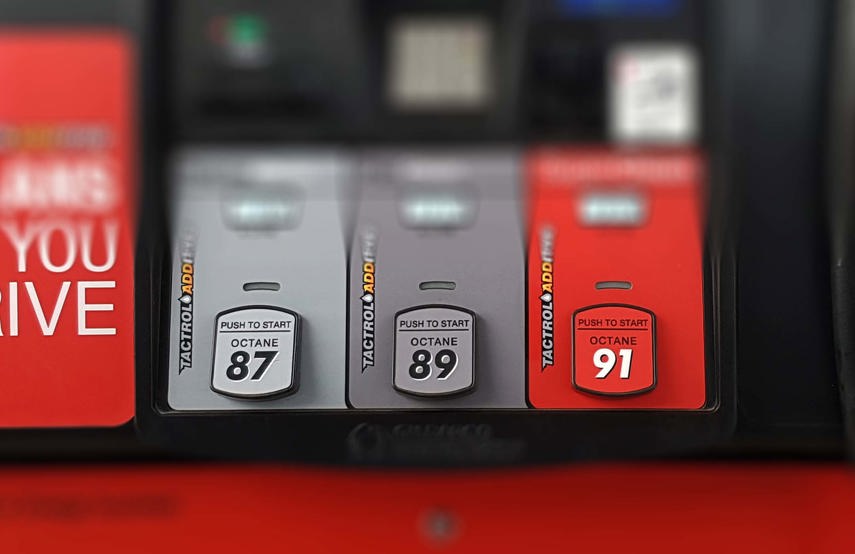
There’s no getting around this one: your efficient gas-sipper is going to struggle more than a high-displacement motor once it’s got a lot to pull around, possibly doubling its non-towing average fuel use, so you’ll need to factor more frequent pit stops and higher costs into your trip planning. This is where the regular-vehicle-versus-truck argument really comes into play. Do you tow your boat back and forth a dozen times every summer? If so, then maybe a truck will save you money and time when calculated over years. If not, then just understand what you’re dealing with up front and budget for a higher spend on towing trips, both in time and fuel budget.
Be at peace with what you’re living without
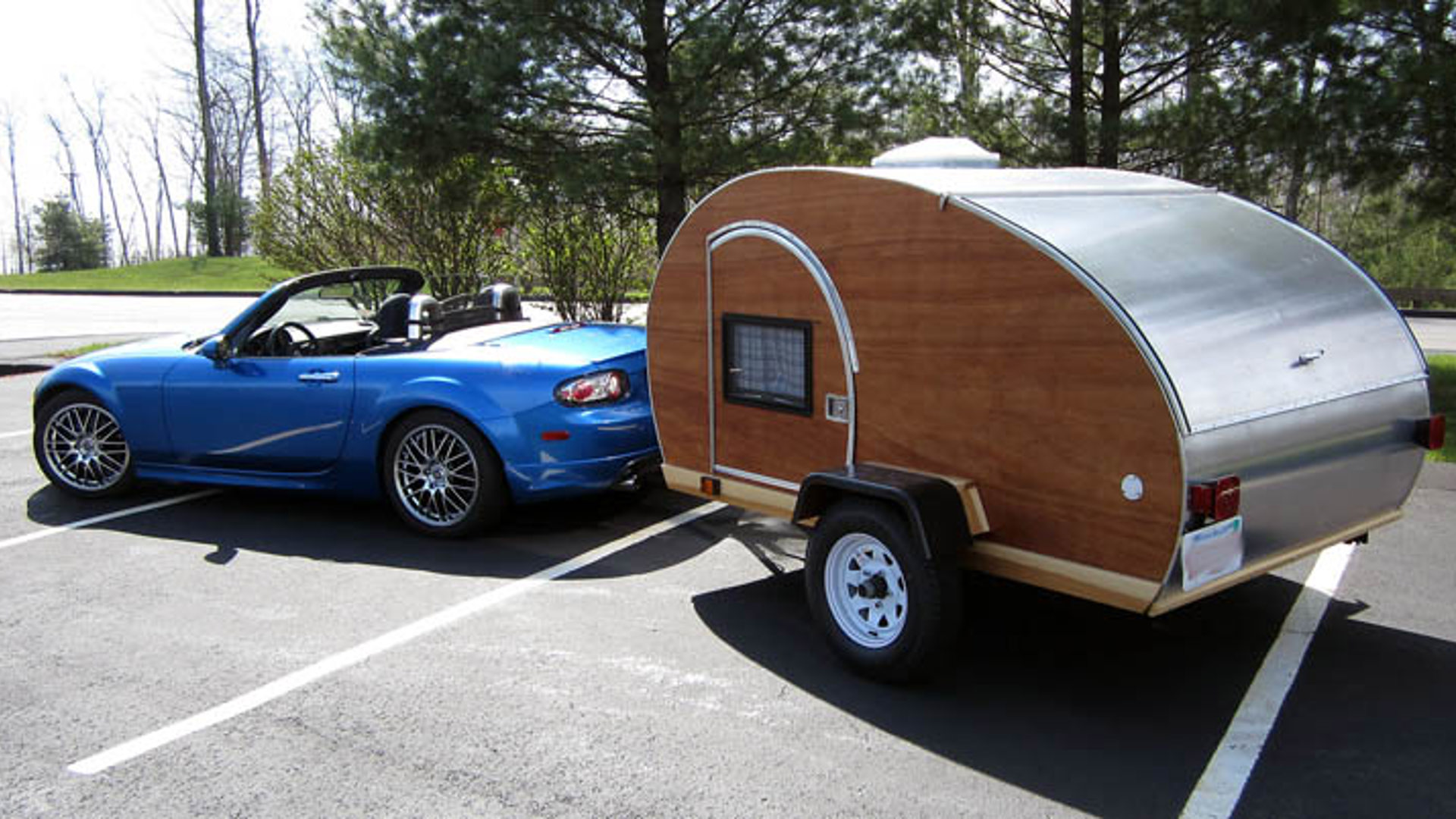
Today’s pick-up trucks and large SUVs come with plenty of aids to make towing easier such as extended blind spot assist, trailer back-up assist, and trailer hitch connect assist systems. These are unquestionably excellent time and stress savers. But are they really essential? For attentive, infrequent towers, I say no. I departed on our Sienna towing drive at peak anxiety in high Toronto traffic and returned – using none of these tools – feeling capable of moving mountains. If pulling gear is an occasional pursuit for you, a modicum of care and patience will get you a long way.
